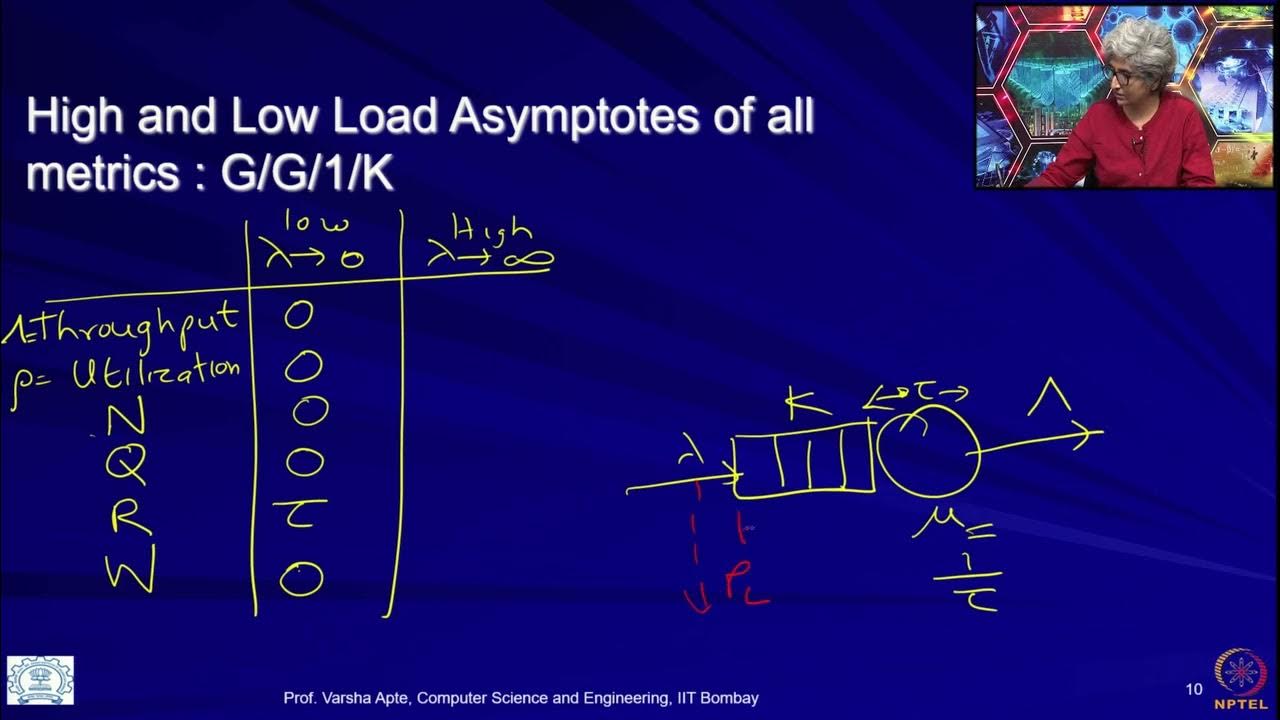Application of Knowledge Management in Public Administration
Summary
TLDRIn this lecture, Professor K. Anthony A. Ramos discusses the significance of Knowledge Management (KM) in public administration. The session highlights how KM can enhance decision-making in public services, enable public participation, build competitive societal ICT capabilities, and develop a skilled workforce. It also covers KM goals like improving effectiveness, aligning with central objectives, and sustaining enterprises. The objectives emphasize providing effective public services, maintaining societal stability, ensuring quality of life, and fostering a prosperous society. Additionally, it explores KM's impact on society's well-being, internal government performance, and organizational practices, emphasizing the importance of sharing and utilizing knowledge for effective service delivery.
Takeaways
- 😀 Knowledge Management (KM) enhances decision-making within public services, leading to more efficient governance.
- 😀 KM aids public participation by equipping citizens with the necessary knowledge to engage in democratic decision-making.
- 😀 KM builds competitive societal information and communication (IC) capabilities, fostering technological and social progress.
- 😀 KM helps develop a competitive workforce within public administration, ensuring the efficient delivery of public services.
- 😀 KM improves the effectiveness and sustainability of both public and private enterprises by leveraging data and information.
- 😀 KM aligns with organizational objectives, ensuring public institutions can meet their strategic goals and achieve their mission.
- 😀 Effective KM enables the implementation of effective public administration services and functions, supported by empirical data and research.
- 😀 KM contributes to a stable, orderly, and secure society by equipping citizens and institutions with the necessary knowledge to solve societal problems.
- 😀 KM improves the quality of life by leveraging public intellectual capital and enhancing the delivery of essential services.
- 😀 KM develops citizens into knowledgeable workers and institutions into competitive organizations, ensuring long-term societal prosperity.
- 😀 KM tools improve internal processes in public administration, such as policy formulation and public service delivery, increasing overall productivity.
Q & A
What is the main focus of the session discussed in the transcript?
-The main focus of the session is the application of Knowledge Management (KM) in public administration, examining its impact and how it can improve various aspects of public service.
How does Knowledge Management enhance decision-making in public administration?
-Knowledge Management enhances decision-making by providing relevant data, information, and processes that help decision-makers make more informed, effective, and timely decisions within public services.
In what way does Knowledge Management assist the public in decision-making?
-KM helps equip the public with the necessary knowledge, ensuring that citizens are well-prepared to participate effectively in democratic processes, particularly in legislative and policy decisions.
What is the role of Knowledge Management in building competitive societal ICT capabilities?
-KM contributes to building competitive societal Information and Communication Technology (ICT) capabilities by managing knowledge that strengthens ICT infrastructure and enhances societal growth.
How does Knowledge Management contribute to developing a knowledge-competitive workforce in public service?
-KM helps develop a knowledge-competitive workforce by providing the necessary resources, training, and knowledge-sharing platforms, enabling public service employees to be more skilled, informed, and efficient in their roles.
What are the four main areas of Knowledge Management application in public administration mentioned in the session?
-The four main areas are: 1) enhancing decision-making in public services, 2) aiding public participation in decision-making, 3) building competitive societal ICT capabilities, and 4) developing a knowledge-competitive workforce.
What are the primary goals of Knowledge Management in public administration?
-The primary goals include improving effectiveness and sustainability of institutions, aligning KM practices with the organization's central objectives, and ensuring that KM enhances productivity and competitiveness.
What is the importance of aligning Knowledge Management with an organization’s objectives?
-Aligning KM with organizational objectives ensures that the knowledge and resources managed contribute directly to the mission and vision of the organization, optimizing performance and achieving set goals.
What objectives does Knowledge Management fulfill in public administration within a democratic society?
-KM helps achieve effective public administration services, a stable and secure society, an acceptable quality of life, and a prosperous society by developing competent citizens and competitive institutions.
How does Knowledge Management impact society's well-being, according to the transcript?
-KM positively impacts society's well-being by leveraging knowledge to improve productivity, national competitiveness, and economic growth, which in turn enhances the overall quality of life for citizens.
Outlines

This section is available to paid users only. Please upgrade to access this part.
Upgrade NowMindmap

This section is available to paid users only. Please upgrade to access this part.
Upgrade NowKeywords

This section is available to paid users only. Please upgrade to access this part.
Upgrade NowHighlights

This section is available to paid users only. Please upgrade to access this part.
Upgrade NowTranscripts

This section is available to paid users only. Please upgrade to access this part.
Upgrade NowBrowse More Related Video

Lecture 2.1: Asymptotic Analysis of G/G/1, G/G/1/K queues

The Contemporary World: Global Migration

Few-Shot Learning (1/3): Basic Concepts

Logic implementation using Programmable Logic Array (PLA)

Generations of Glamour👀 | K-beauty Odyssey💄| Ep.1 History of Korean Beauty✨

September 7, 2023 Chapter 2 brief Intro.
5.0 / 5 (0 votes)